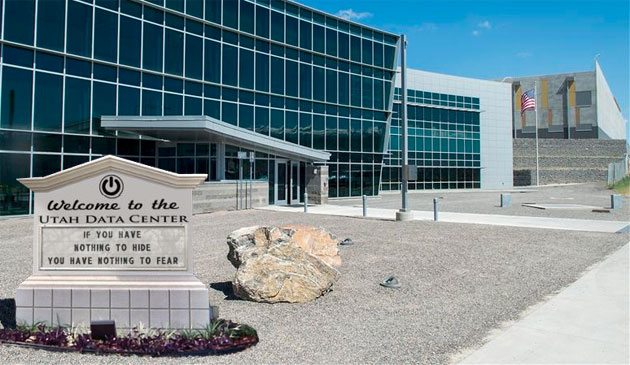Do please circulate the Call for Papers below for a session at the Annual Meeting of the AAG next April, in New Orlean, on the theme of Alternative Urbanisms to anyone who might be interested:
Call for Papers
Annual Meeting of the Association of American Geographers,
New Orleans, 10th-14th April, 2018.
ALTERNATIVE URBANISMS
Organizers: Clive Barnett and Jon Cinnamon (University of Exeter)
Cities are increasingly characterized as important sites of political, economic, cultural and environmental transformation, yet the proliferating attention to ‘the urban’ from policymakers threatens a narrowing of the boundaries of urban imaginaries around certain favored models. This session thus seeks to bring together papers that address one or more aspects of a growing contemporary concern with developing ‘alternative urbanisms’ in theory, policy and practice (e.g. Derickson 2015, Buckley and Strauss 2016, Parnell and Robinson 2012). We conceive of ‘alternative urbanisms’ along three dimensions. Firstly, alternative urbanisms might describe a focus on counter-hegemonic forms of urban living and practice that are alternative in relation to mainstream models and trends. Secondly, it can refer to a focus on how urban spaces are configured as experimental fields for the development of new practices in response to imperatives to restructure and reconfigure economic, social and technological infrastructures. Thirdly, alternative urbanisms might refer to a concern to broaden the scope of intellectual reference points through which urban practices can be conceptualised and investigated methodologically. Across these dimensions, it is agreed that more effort is needed to extend the canon of contemporary urban studies, urban and regional science, planning, and human geography to include insights from the humanities, natural sciences, or engineering, and also to draw on empirical and theoretical resources from beyond the Global North.
We welcome theoretical and empirical papers that push up against the boundaries of urban thought, policy and practice – papers that aim to critique the urban mainstream as well identify new possibilities for understanding and acting on urban challenges. The following is a sample of questions germane to this session, although we welcome papers on all topics that fit the broad scope.
â–ª What marginalized or emerging theoretical and methodological traditions demand the attention of urban scholars?
â–ª Why do ‘mainstream’ urban ideas and policies not take root in certain jurisdictions? What localisms prevent the successful uptake of mainstream, globally circulating urbanisms?
â–ª What epistemological or political work can alternative urbanisms do?
â–ª What are the temporalities and spatialities of alternative urban thought and practice, and how is this reflected in or distinct from local and global political, economic or cultural hegemonies?
Please send an abstract of no more than 250 words by 13th October to: Clive Barnett (c.barnett@exeter.ac.uk) and Jon Cinnamon (j.cinnamon@exeter.ac.uk).
References
Barnett, C. and Bridge, G. (2016) The situations of urban inquiry: thinking problematically about the city. International Journal of Urban and Regional Research 40, 1186-1204.
Buckley, M. & Strauss, K. (2016) With, against and beyond Lefebvre: Planetary urbanization and epistemic plurality. Environment and Planning D: Society and Space, 34, 617-636.
Derickson, K. D. (2015) Urban geography I: Locating urban theory in the ‘urban age’. Progress in Human Geography, 39, 647-657.
Parnell, S. & Robinson, J. (2012) (Re)theorizing Cities from the Global South: Looking Beyond Neoliberalism. Urban Geography, 33, 593-617.



 Image credit:
Image credit: 

